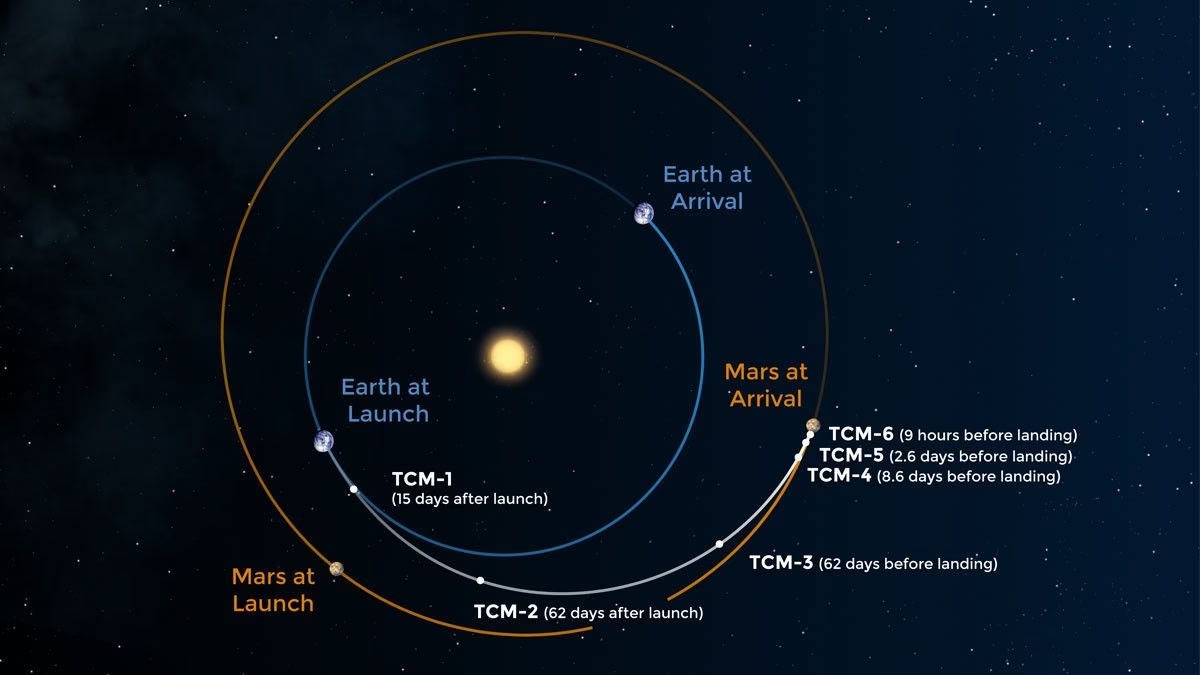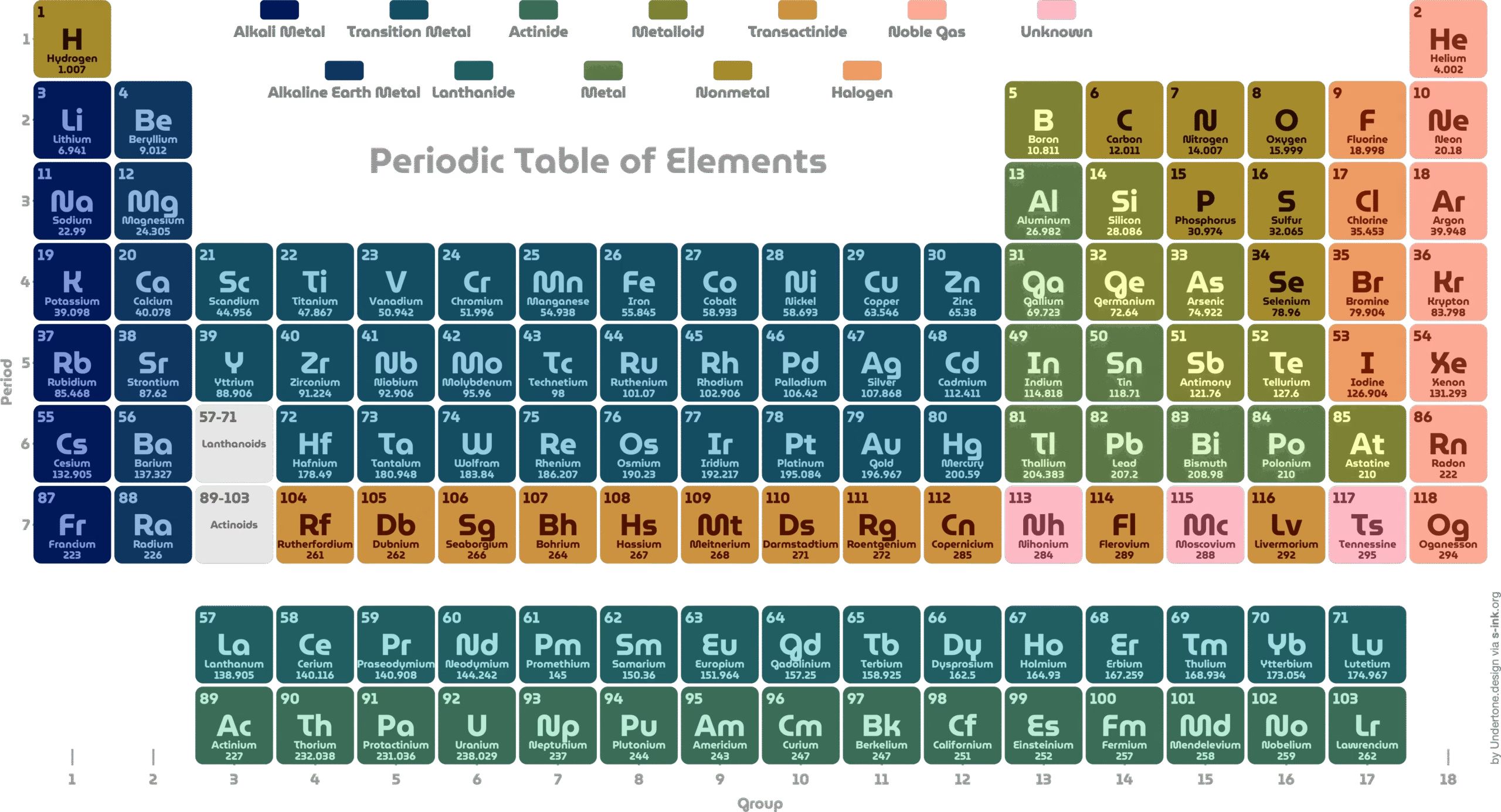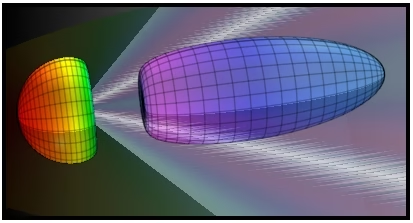Imagine encountering humans for the first time on a pristine planet. What would be your burning question? Delve into the fascinating realm of cosmic queries, exploring time travel paradoxes, the nature of reality, and the potential for life beyond Earth. Let’s embark on a journey of ‘Explore the Cosmos’. This article synthesizes insights from astrophysics and rational thought, offering a unique perspective on the universe’s most intriguing questions.
Table of Contents:
- Understanding Time Travel: The Fabric of Space-Time
- First Contact: Questions for Exploratory Humans
- Exploring the Cosmos: A Journey Through Black Holes
- The Speed of Light: A Universal Constant
- Understanding Buoyancy: Density and Displacement
- Matter, Energy and Gravity
- What can you do?
Understanding Time Travel: The Fabric of Space-Time
Time Machines as Space Machines
The concept of time travel often overlooks a crucial element: space. Every time machine must also function as a space machine. This is because the Earth, solar system, and galaxy are constantly moving. Traveling back in time without adjusting for spatial displacement would leave you stranded in empty space.
Back to the Future: A Lucky Dodge

The movie “Back to the Future” cleverly avoids this issue. Marty McFly travels back to the same day of the year, ensuring the Earth is in the same orbital position. However, even this doesn’t account for the solar system’s movement around the Milky Way.
The Rotating Galaxy: A Cosmic Whirlpool
Our galaxy, the Milky Way, is rotating. All the stars, including our sun, are orbiting around a central black hole. This rotation means that going back in time requires precise spatial adjustments to avoid ending up in the void.
Aiming for Mars: A Space-Time Target

When planning a trip to Mars, scientists don’t aim for where Mars is at the time of launch. Instead, they calculate where Mars will be upon arrival and aim for that intersection point. Similarly, time travel necessitates aiming for a specific space-time coordinate.
First Contact: Questions for Exploratory Humans
The Colonization Question
If an alien civilization were to observe humans arriving on their pristine planet, their first question might be: “Have you come to colonize this planet?” Given humanity’s history, this is a valid concern. Colonization has often led to exploitation and destruction of native populations and resources.
The Survival Question
Another pertinent question could be: “How did you survive yourselves?” Reaching interstellar travel suggests overcoming significant internal challenges. An alien species might be curious about the strategies humans employed to avoid self-destruction.
The Technology Question
From a scientific perspective, aliens might ask: “What technology got you to us?” Understanding the technology behind interstellar travel would be invaluable for scientific advancement. Comparing notes and exchanging knowledge could benefit both civilizations.
Science vs. Culture: A Universal Language?
Science transcends time and space in ways that culture does not. Comparing scientific knowledge might be a more effective way to establish common ground than delving into cultural differences. Sharing a periodic table of elements could be a starting point, as its organization is universal.

Exploring the Cosmos: A Journey Through Black Holes
Stephen Hawking and Black Hole Evaporation

The Cosmic Graveyard: Corpses and Black Holes
As stars burn out, they leave behind corpses, some of which become black holes. Eventually, the number of black holes will outnumber living stars. However, black holes will never outnumber the total number of stellar corpses.
The Initial Mass Function: A Stellar Census
The initial mass function describes the distribution of stellar masses at birth. It favors low-mass stars, meaning high-mass stars that can become black holes are relatively rare. This explains why black holes don’t currently outnumber stars in the universe.
Future Projections: A Trillion Years From Now
In a few trillion years, when the lowest mass stars have exhausted their fuel, black holes will likely outnumber stars. This is a distant future scenario, but it highlights the eventual dominance of black holes in the universe.
The Speed of Light: A Universal Constant
Defining the Meter: Precision Measurement
The speed of light defines the length of the meter with incredible precision. This illustrates the fundamental nature of this constant and its importance in our understanding of the universe.
Measurement Uncertainties: The Limits of Precision
It’s impossible to measure anything with perfect accuracy. There is always some degree of uncertainty in every measurement. This is due to the limitations of our measuring devices and the inherent nature of the universe.
Relativity and Time Dilation
Einstein’s theory of relativity tells us that time slows down as an object approaches the speed of light or exists in a strong gravitational field. This phenomenon, known as time dilation, has been experimentally verified. Is time a river flowing at different speeds, depending on where you are?
Tachyons: Hypothetical Faster-Than-Light Particles

Tachyons are hypothetical particles that travel faster than light. If they exist, they would experience time in reverse. While theoretically possible according to Einstein’s equations, scientists have never observed tachyons. Understanding the speed of light is crucial for theorizing about faster-than-light travel.
Understanding Buoyancy: Density and Displacement
Density Defined: Matter in a Volume
Density measures how much matter is packed into a given volume. An object will float if its density is less than the medium it’s immersed in.
Floating Metal: The Power of Shape

The fact that metal ships can float is a testament to the principle of buoyancy. The shape of the hull displaces a large volume of water, making the overall density of the ship less than that of water.
Submarines: Boats in Denial

A submarine is essentially a boat that can control its buoyancy. By adjusting the amount of water in its ballast tanks, a submarine can sink or float. A submarine is a boat in denial.
Icebergs: Less Dense Than Water

Icebergs float because their density is less than that of liquid water. This is due to the unique properties of water molecules when they freeze. Icebergs are simply less dense than water.
Matter, Energy and Gravity
Mass-Energy Equivalence: E=mc²
In nuclear fission and fusion, a small amount of mass converts into a large amount of energy. This process is governed by Einstein’s famous equation, E=mc², which demonstrates the equivalence of mass and energy.
Gravity and Energy: A Combined Effect
Gravity is associated with both mass and energy. When mass converts into energy in nuclear reactions, the gravity associated with the lost mass is not lost. Instead, it’s associated with the energy that scientists create. This is explained by the formula E=mc².
Matter and Energy: Distorting Space-Time
Both matter and energy distort the fabric of space-time. The more energy that is created, the more gravity is associated, maintaining a constant relationship. Matter and energy are one and the same thing.
The Solar System’s Origins: Supernova Remnants

Our solar system comprises remnants from multiple supernovas. The galaxy’s differential rotation mixes the debris from these explosions, creating a well-mixed gas cloud for the next generation of stars to form. These learnings from Gravity can be used to better science.
What can you do?
Eager to dive deeper into the cosmos? Here are some actionable steps you can take:
- Explore the Twilight Zone: Watch “The Invaders” episode for a thought-provoking take on alien encounters.
- Delve into Theoretical Physics: Research tachyons and their implications for faster-than-light travel.
- Support Science Communication: Engage with science content on platforms like Star Talk and Patreon to expand your understanding of the universe.
Disclaimer:
- Time Machine: A hypothetical device used for traveling through time.
- Space Machine: A hypothetical device used for traveling through Space.
- Space-Time Coordinate: A location defined by both spatial position and time.
- Colonize: To establish control over a foreign land or people.
- Black Hole: A region of space-time with such strong gravitational effects that nothing, not even light, can escape from inside it.
- Living Stars: Stars that are still undergoing nuclear fusion in their cores.
- Stellar corpses: The remains of stars that have reached the end of their life cycles and have ceased producing energy through nuclear fusion.
- Initial Mass Function: Describes the distribution of stellar masses at birth.
- Speed of Light: The speed at which light propagates through a vacuum.
- Measurement Uncertainties: The range of possible values within which the true value of a measurement lies.
- Time Dilation: A phenomenon in which time passes slower for an object moving at high speeds or in a strong gravitational field.
- Tachyons: Hypothetical particles that travel faster than light.
- Buoyancy: The ability of an object to float in a fluid.
- Density: A measure of how much matter is packed into a given volume.
- Mass-Energy Equivalence: The concept that mass and energy are interchangeable, as described by Einstein’s equation E=mc².
- Nuclear Fission: A nuclear reaction in which the nucleus of an atom splits into smaller parts.
- Nuclear Fusion: A nuclear reaction in which two or more atomic nuclei combine to form a single heavier nucleus.
- Supernova: A powerful and luminous explosion of a star.
Find out how AI solved Global Protein Folding Challenge!!


Amazing..informative